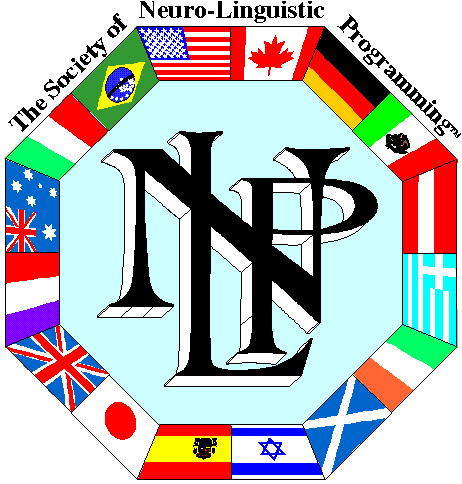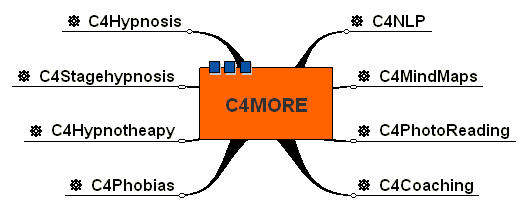
NLPNOW
SKYPE internet telephone

| COURSES |
|
SERVICES |
Phobia
Cures
Smoking
Coaching
Motivation
|
PRACTICE |
London NLP & Hypnosis Group
Join now
| CLIENTS |
| PHILLIP HOLT |
About Phillip
About Mee Len
Scuba
Diving
|
COUNTRIES |
NLPNOW in
Want NLPNOW
in your country? Email.
| LINKS |
|
Email Questions |
|
ENQUIRIES |
|
NLPNOW
Call (UK) 0845 130
6213 or 07061 003 003 for more information. |
| Phobias | Smoking | Mind Maps | PhotoReading | Coaching | Memory | Motivation | Photographs | About Phillip | Contact |
With all my travelling around the world, it is important to keep in contact, but telephoning is too expensive, especially mobile phones.
I have for sometime used the Internet Telephony service of Skype, what is called VoIP (Voice over Internet). Many of my family, friends and colleagues have taken this free service (yes free), and we can communicate at ease.
Skype Technologies S.A. provides an international online communication service. It is 2 years old and has 50 million registered users. The company is the fastest growing and largest of its kind with 150,000 new people joining every day. Weíd like to do for telephones what e-mail did to the post.
Skype is a small piece of software that you can download from the Internet for free. If you have a broadband connection, you can call between two computers anywhere in the world. You can also conference up to 5 participants, send instant messages and share files. Voicemail will record a message for you if canít take the call, and allows you to send voice messages between users. Whatís really cool about Skype is that you can also call almost any number in the standard telephone network, receive calls from normal telephones and forward calls to up to 3 different numbers when you are away from your computer.
What canít Skype do?
∑ Skype cannot make emergency (911, 999, 112, 211) calls
∑ Make the tea
People use Skype to stay in touch in ways that they havenít been able to before. They can talk to each other for hours free of charge (even though they may be thousands of miles apart). They can carry their landline number and check their voicemail wherever they go, and avoid roaming charges. Skype is also ideal for staying in touch where the telephone infrastructure is poor.
There are a lot of services out there that do a similar thing. We believe that Skype is different because it has the best call quality and works behind any computer firewall without any setting up. Your calls and chats are totally private because they are encrypted. You can make calls to any telephone and any computer, whether it is PC, Mac, Linux or PocketPC.
Please send your comments to Phillip Holt NLPNOW. This document was updated 21/4/2012.
NLPNOW
Call (UK) 0845 130 6213 or 07061 003 003 for more information
Email: holt@nlpnow.net
Copyright 2002-12 NLPNOW. All rights reserved
|
Phillip Holt Dealing with phobias, on a 1-2-1 or public basis. Public Speaker. |
![]()
NLPNOW around the World

